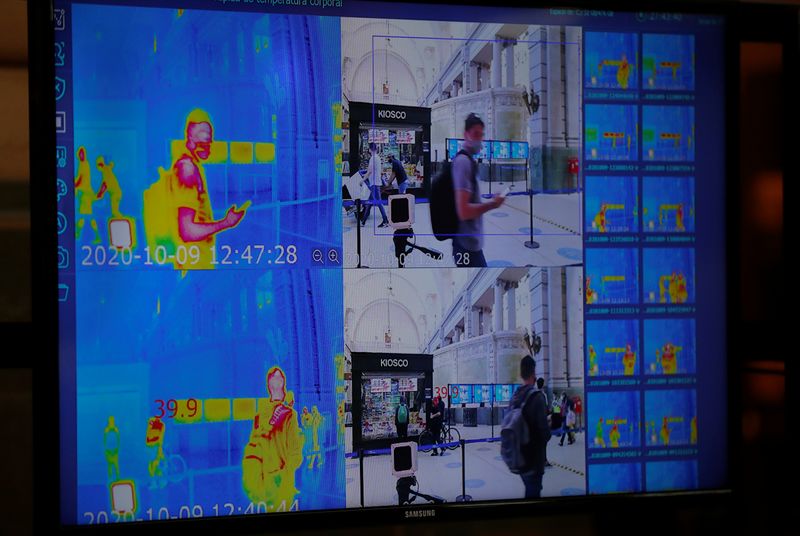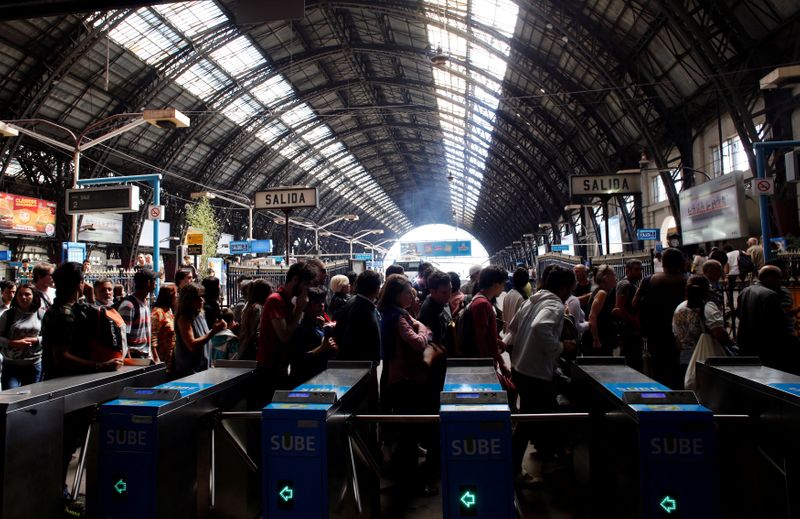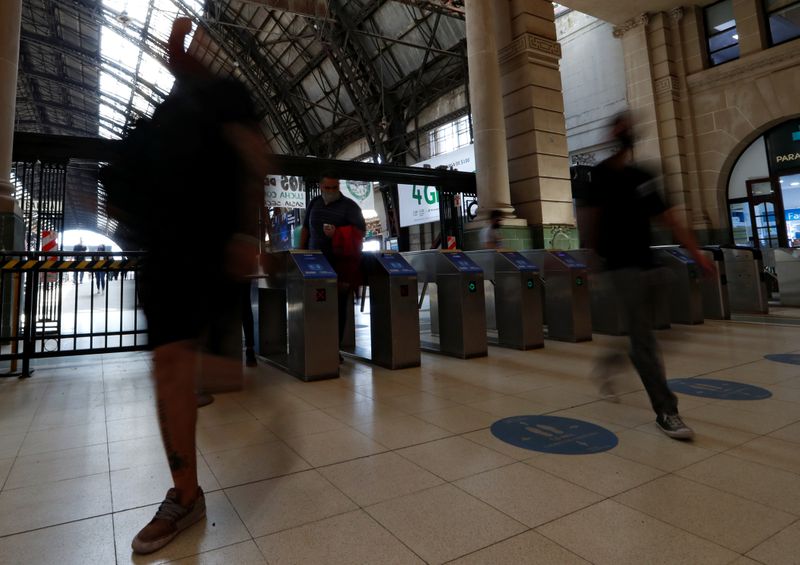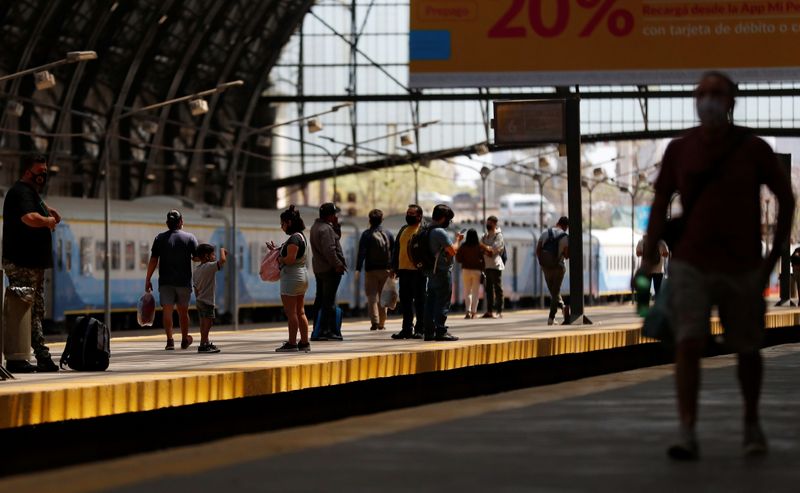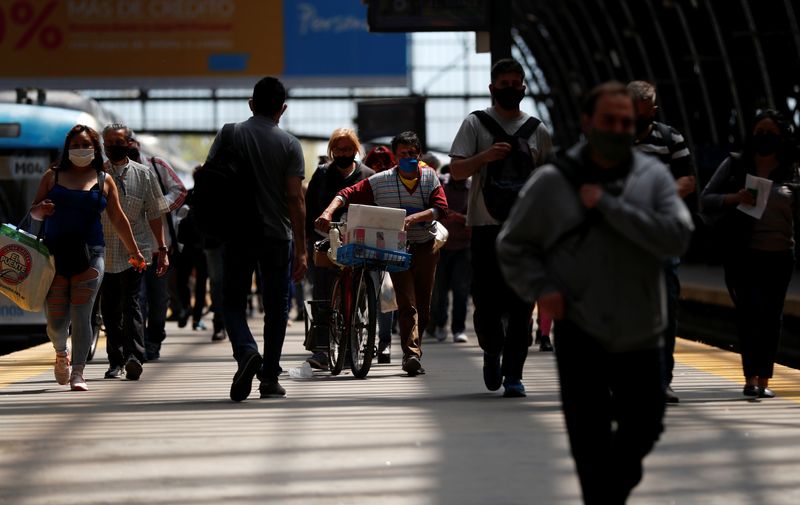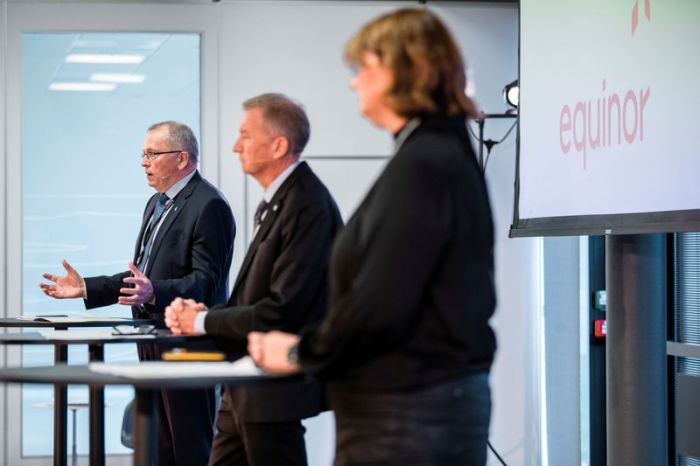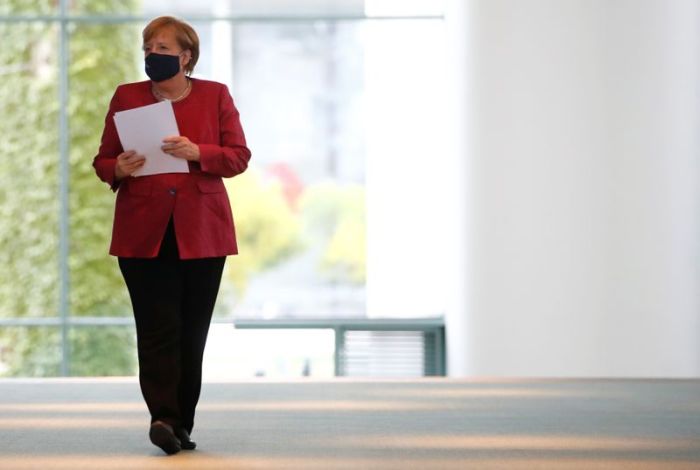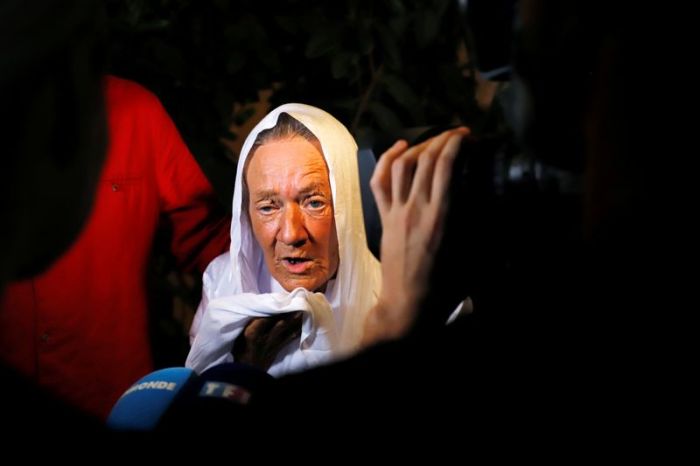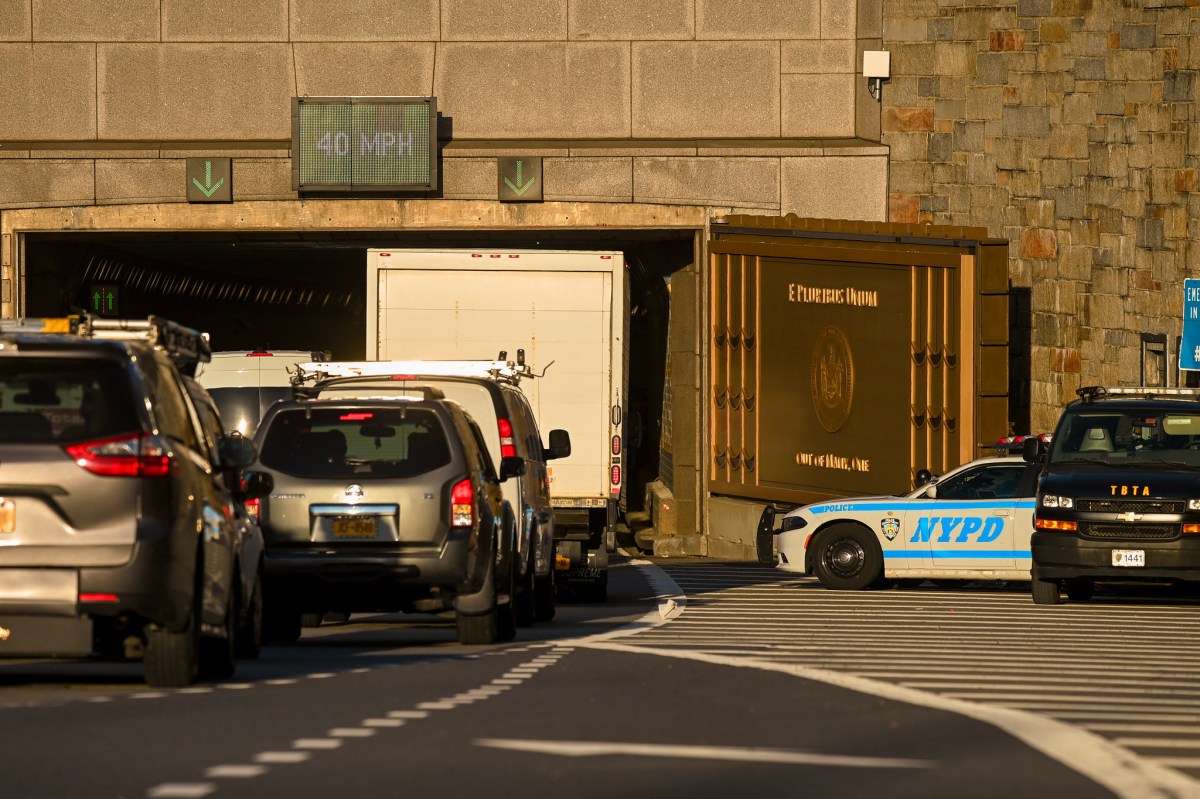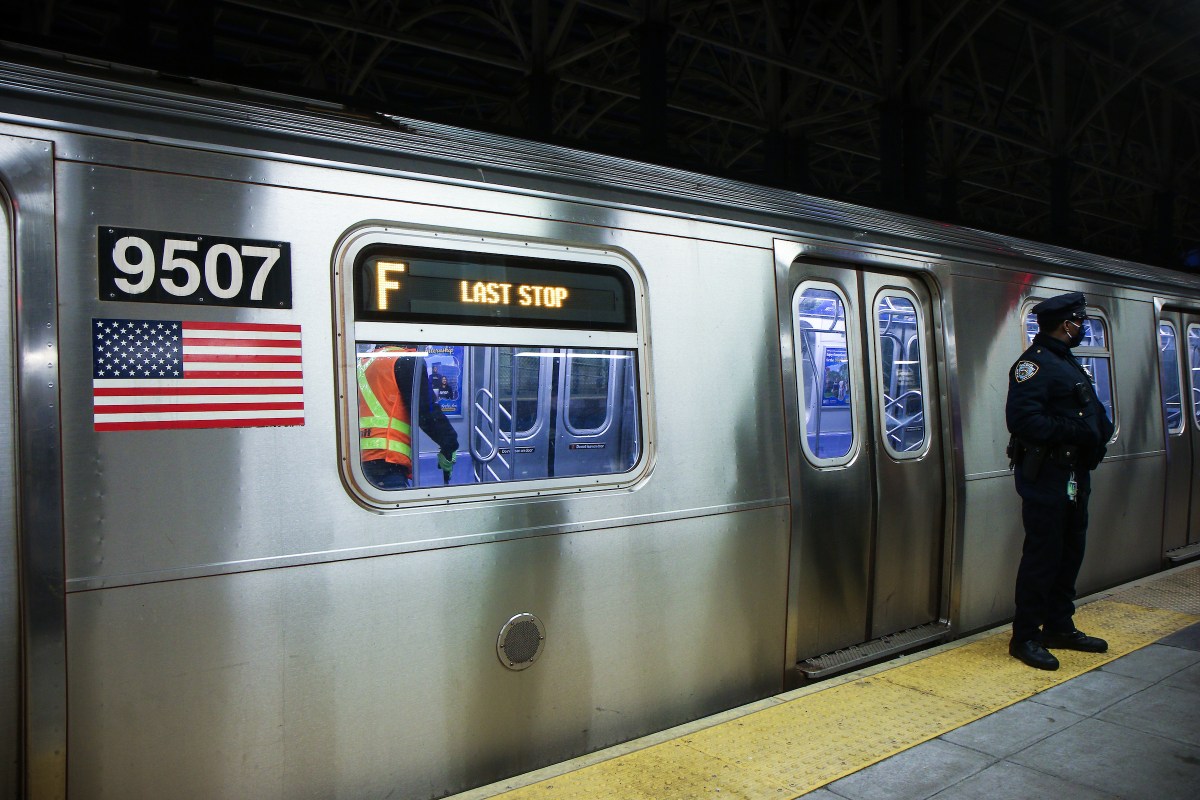BUENOS AIRES (Reuters) – Human Rights Watch wants the city of Buenos Aires to stop using live facial recognition to identify children accused of committing crimes, the rights group said on Friday.
New York-based Human Rights Watch (HRW) said Buenos Aires started using the technology in April 2019, making Argentina the only country in the world to deploy it against people under the age of 18.
Although no minors are known to have been arrested yet, the group says the methodology is riddled with misidentifications that could unjustly limit job and educational opportunities for kids wrongly accused of theft and other crimes.
HRW sent a letter to the city and national government calling on them to stop using live facial recognition in train stations to identify suspects, particularly minors, arguing the technology often makes mistakes in identifying children.
Asked to comment on the assertions, the city government said the facial recognition system had been developed under United Nations’ human rights guidelines.
“Since September 2019 no case of malfunction of this technology has been registered,” it said in a statement.
HRW cited three cases of Argentine adults being erroneously detained by police due to the system’s errors.
Using facial recognition to identify child suspects is especially problematic because the appearance of young people can change in a matter of months as they mature, said Hye Jung Han, a child rights and technology researcher for HRW.
“Kids accused of having committed a crime are having their personal information published online, which is against international law and national standards. Anyone with an internet connection can download that data,” Han said.
“What’s worse is that the Buenos Aires government is feeding that data into a facial recognition system that operates in the city’s train stations, to help police go search for them.”
Under international human rights law, children accused of crime have the right to privacy curing criminal proceedings, HRW said in a statement. It said the facial recognition technology used in Buenos Aires was built by a Russian company.
“We are asking the government to remove all children from its public criminal database, suspend its facial recognition system, and release verifiable statistics about its performance to date,” Han said. “People’s rights and privacy are being violated by a government that doesn’t understand this technology very well, without safeguards and without public debate.”
(Reporting by Hugh Bronstein; additional reporting by Eliana Raszewski; Editing by David Gregorio and Sonya Hepinstall)

